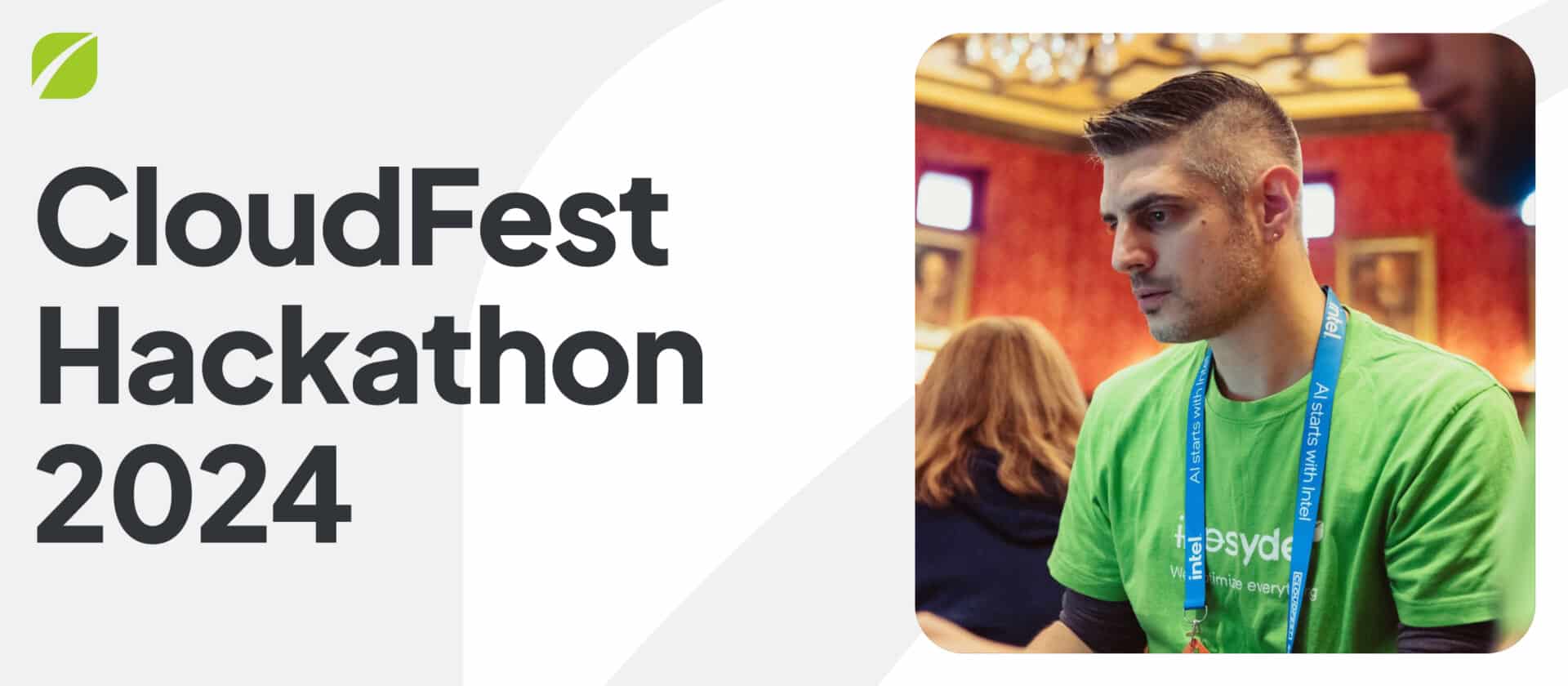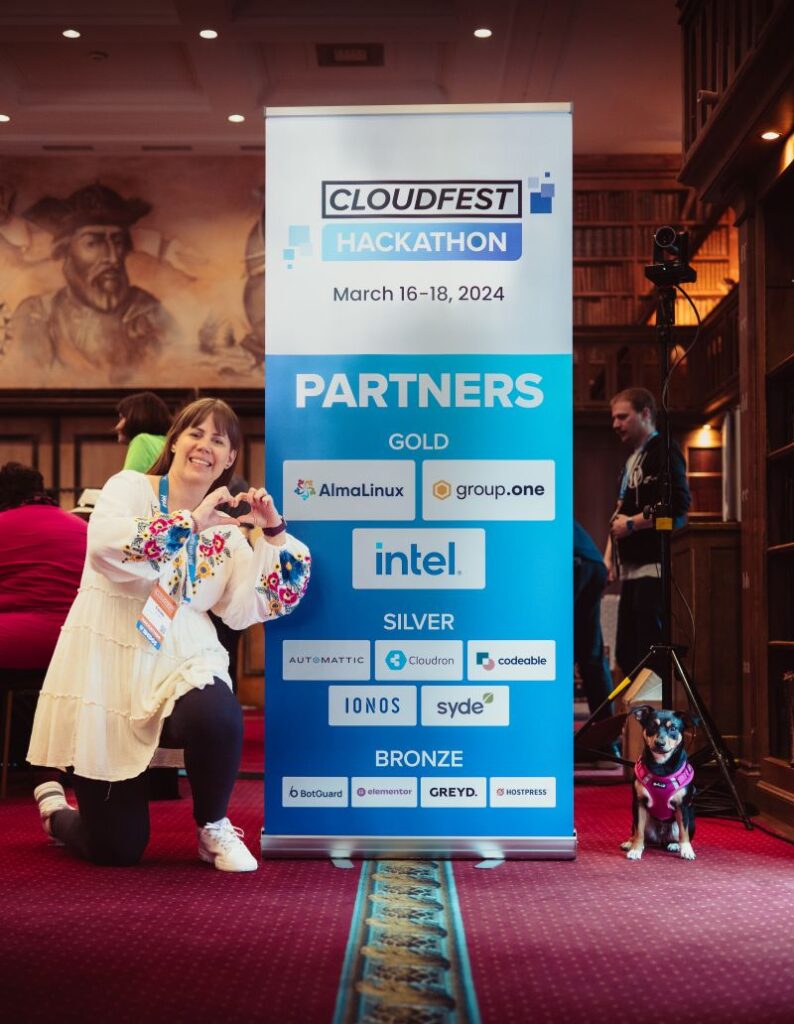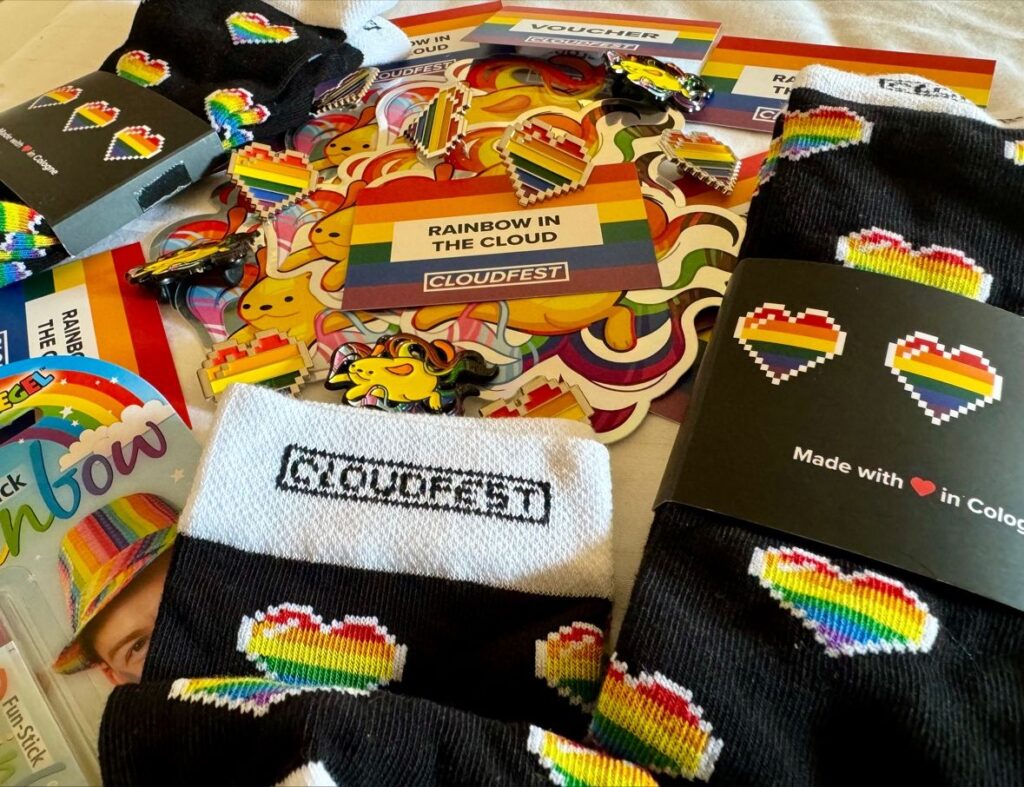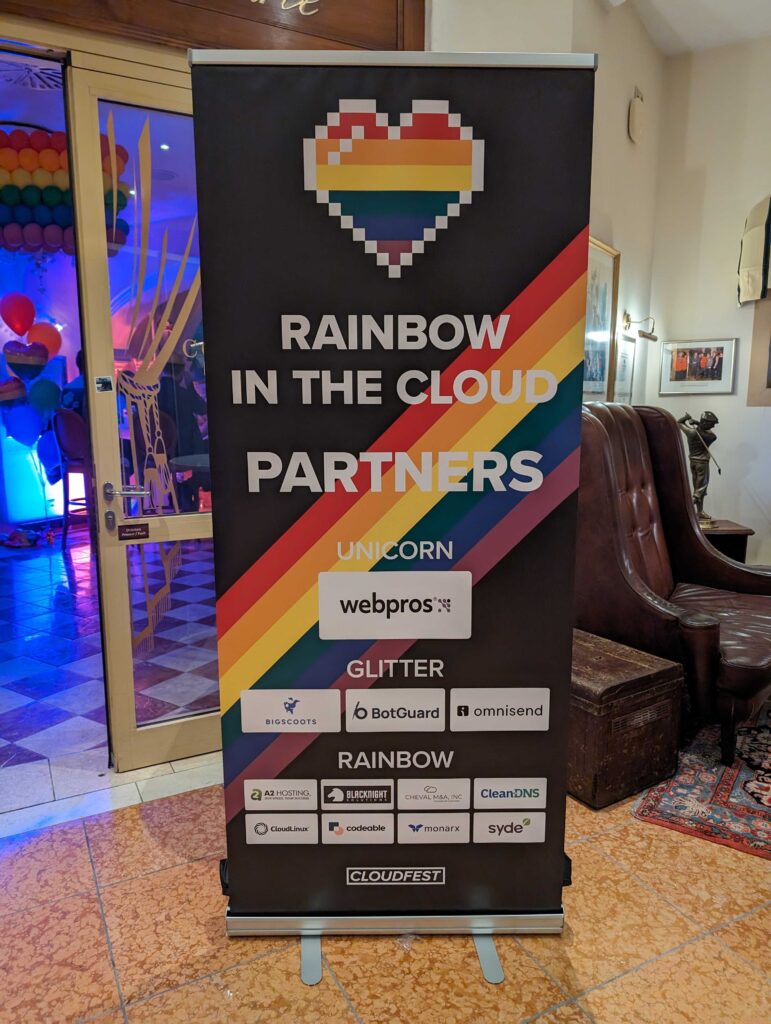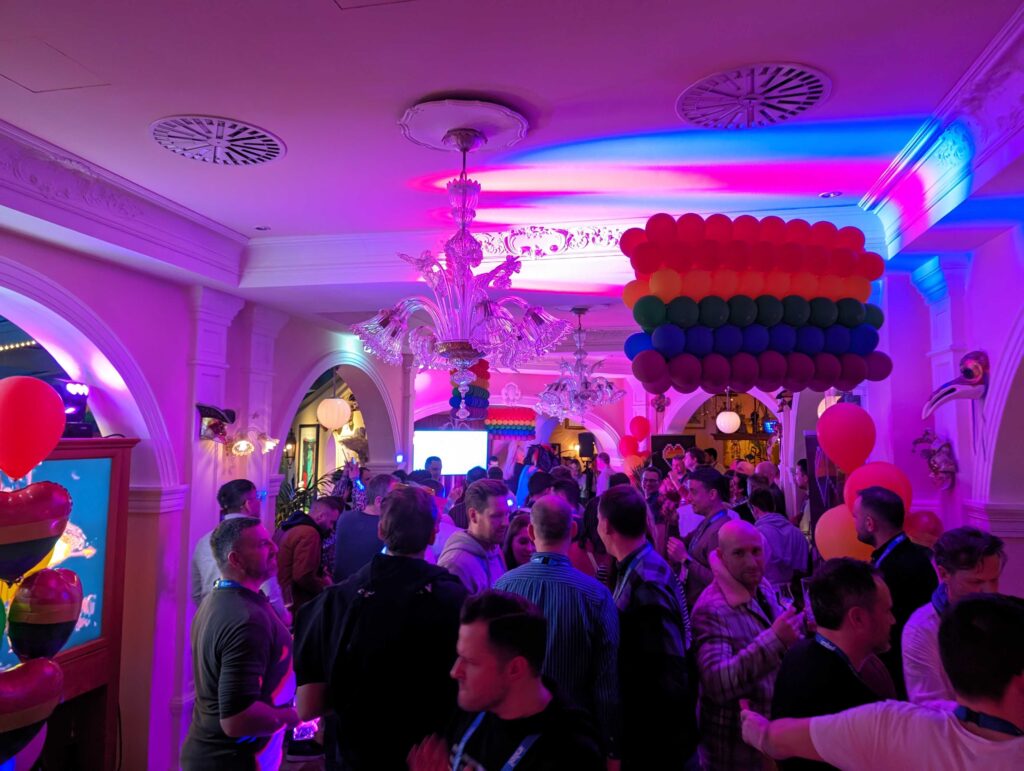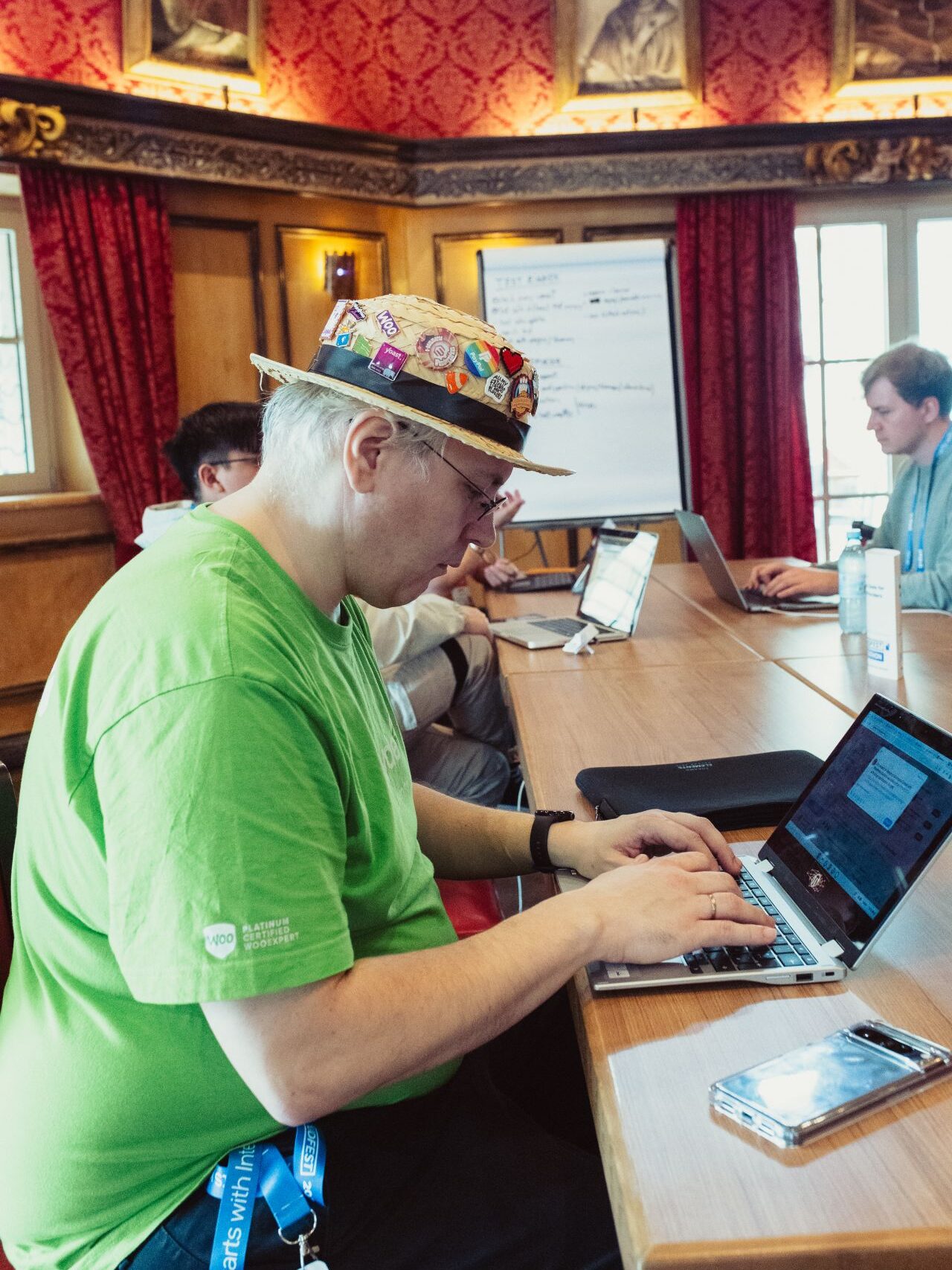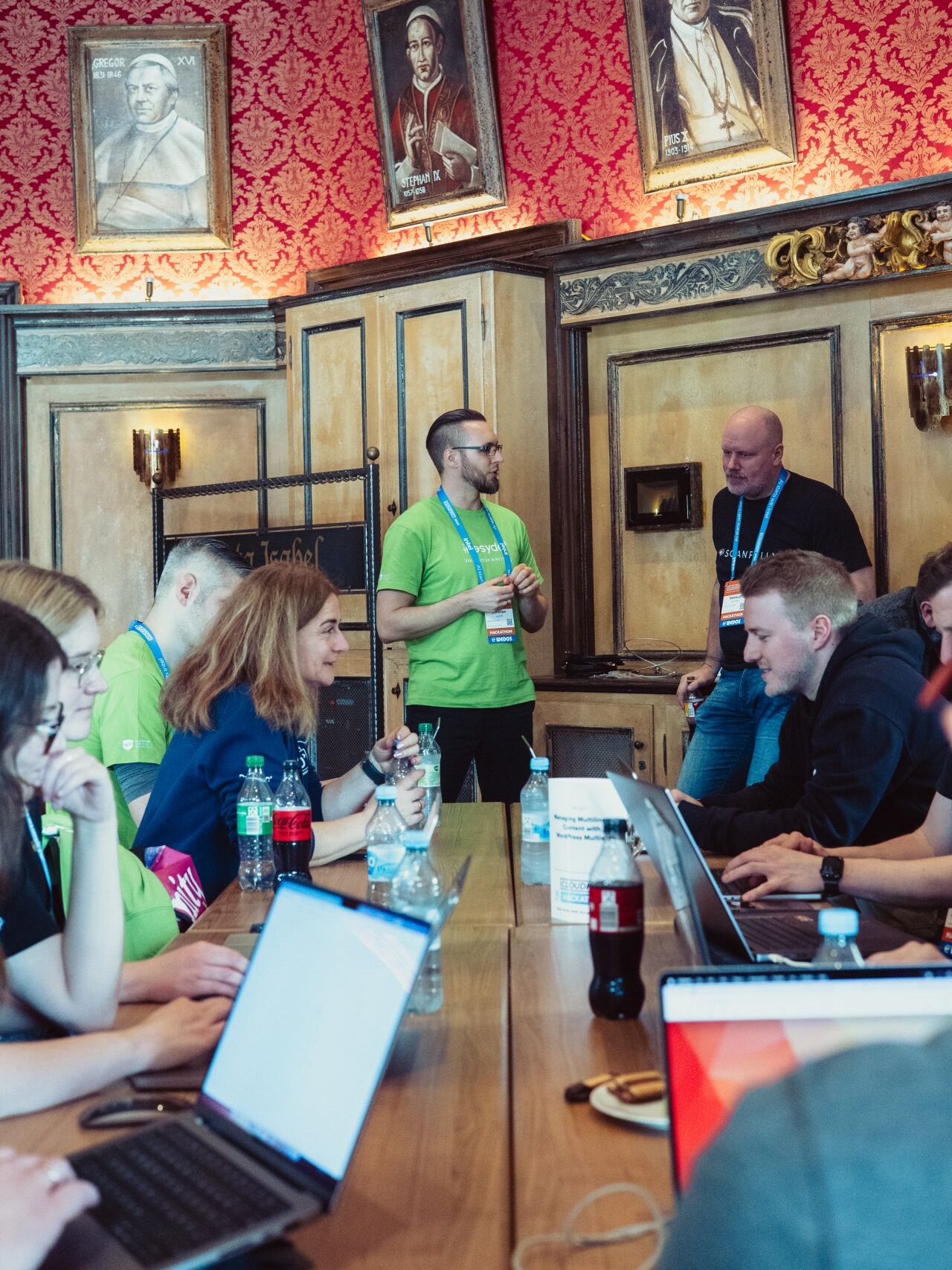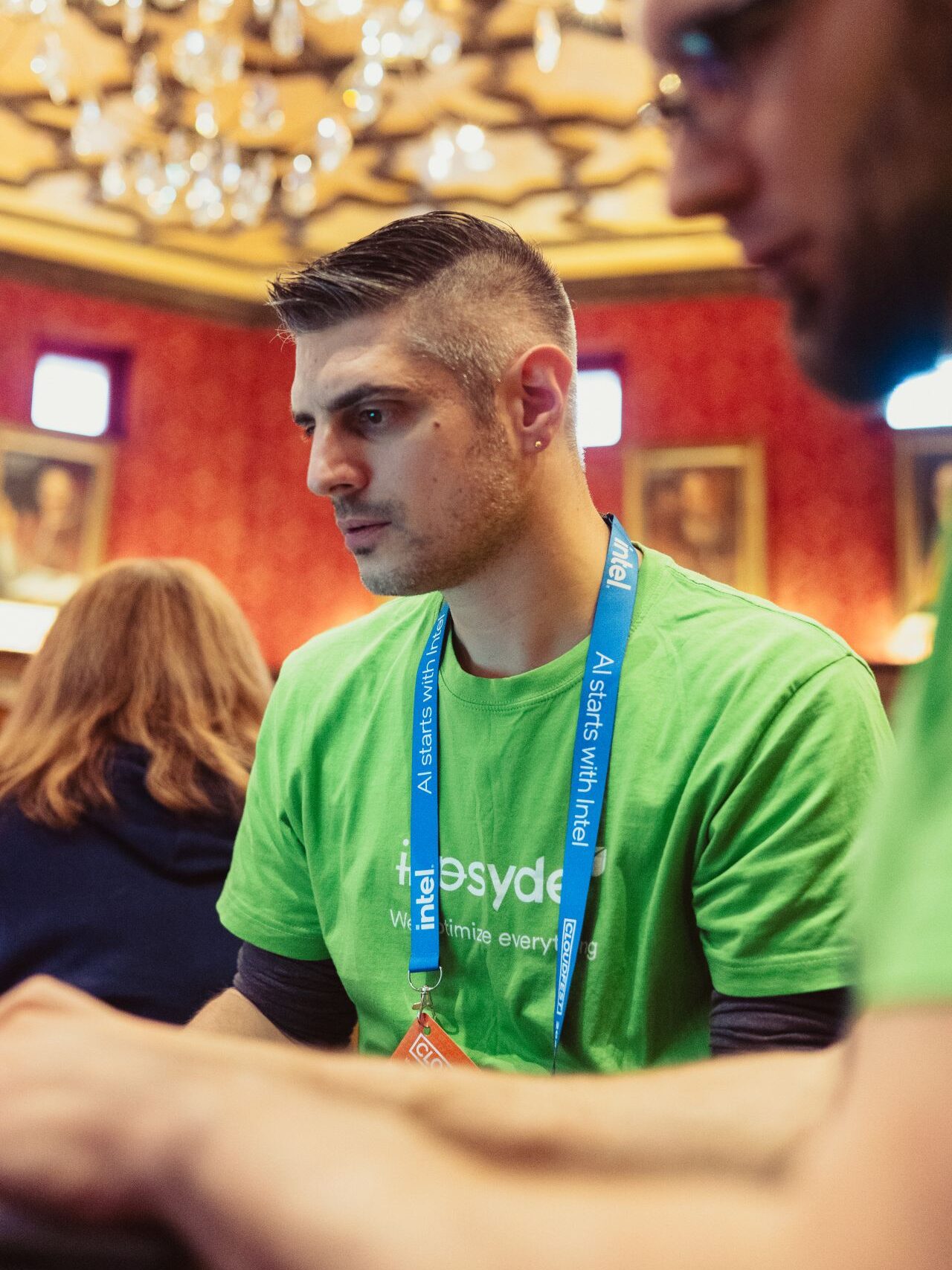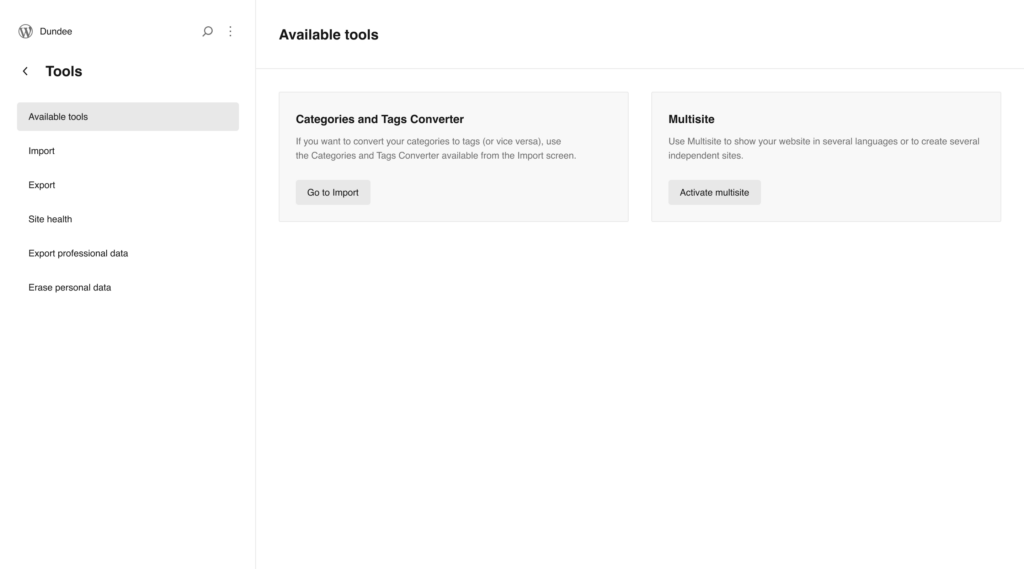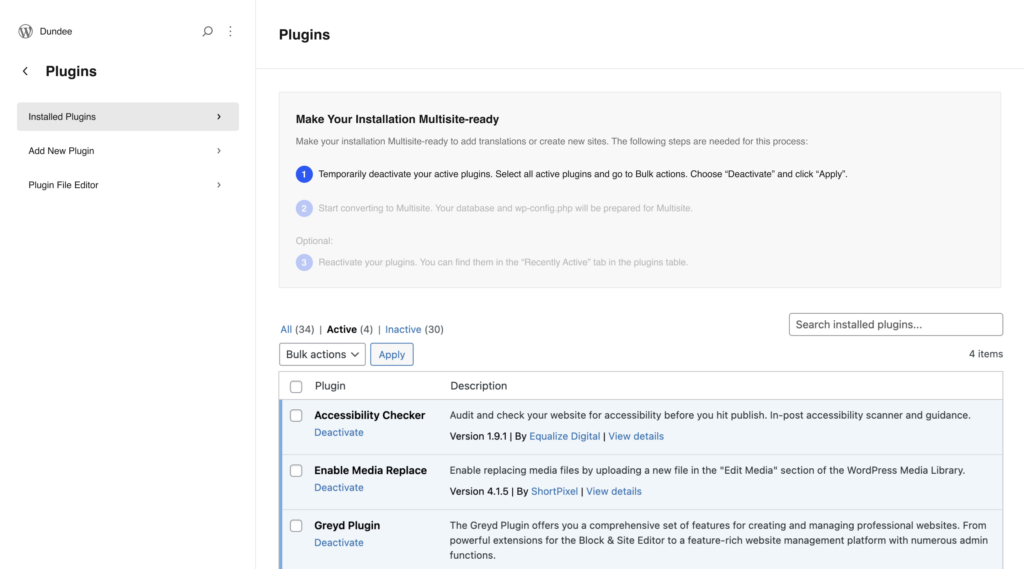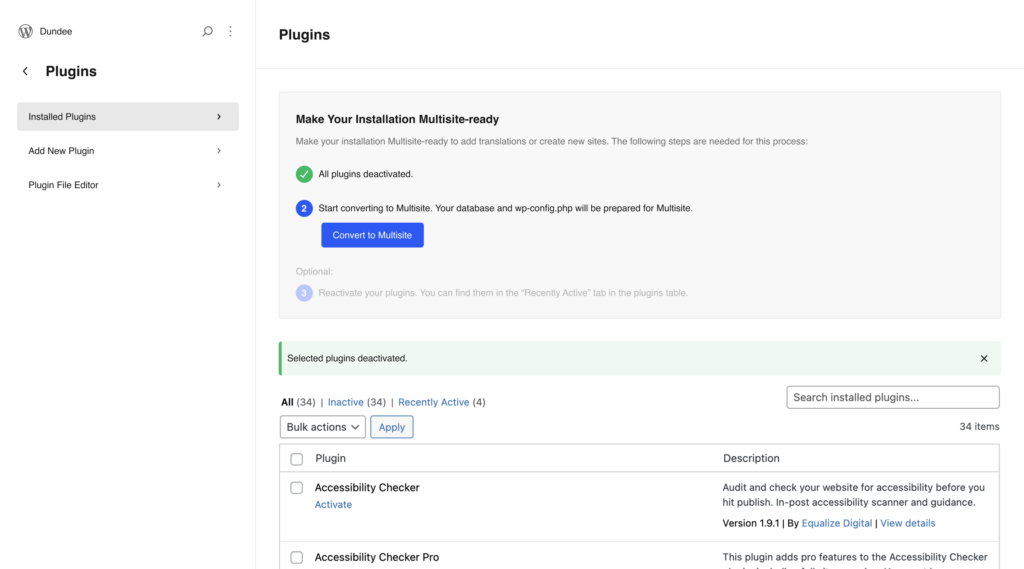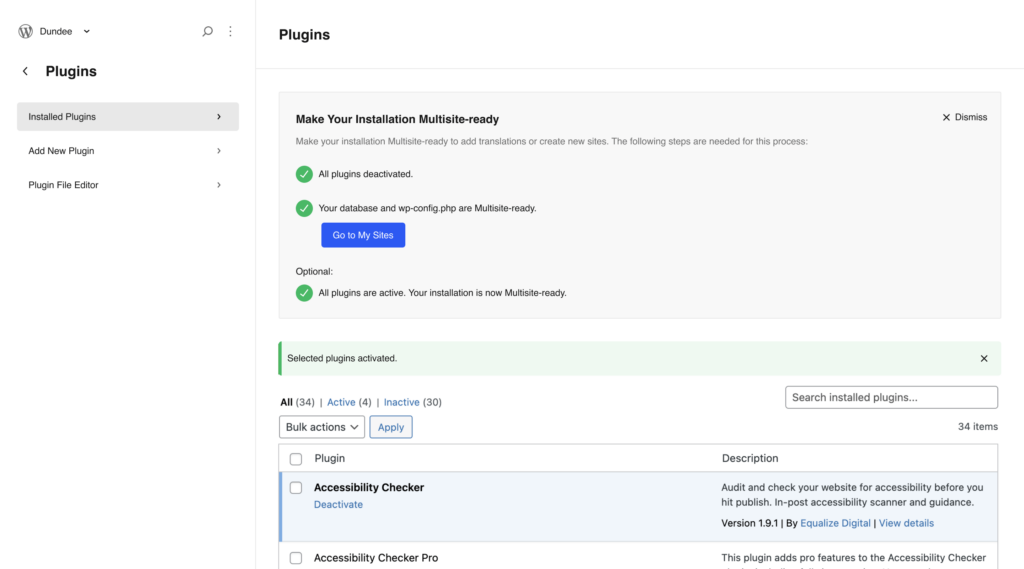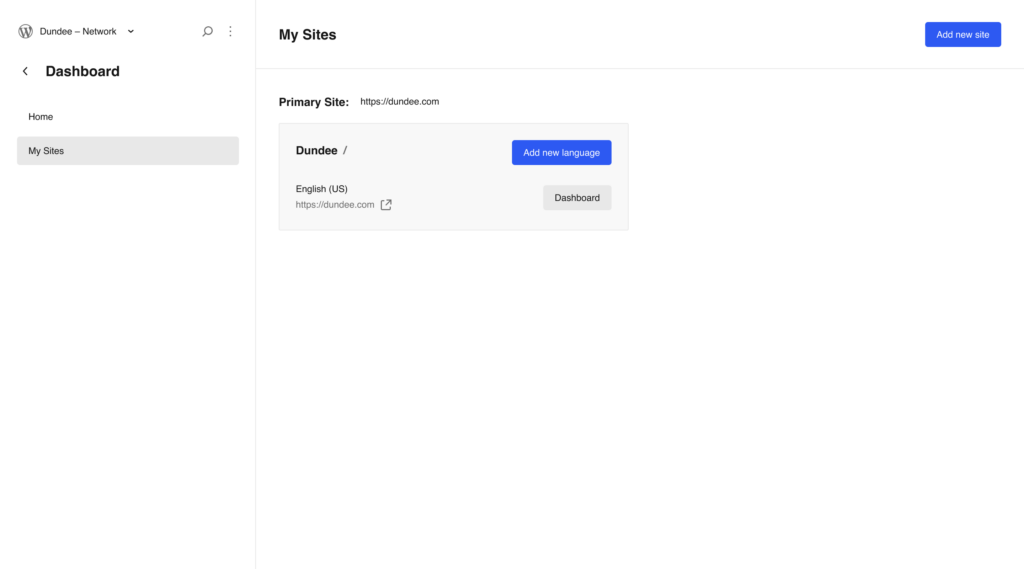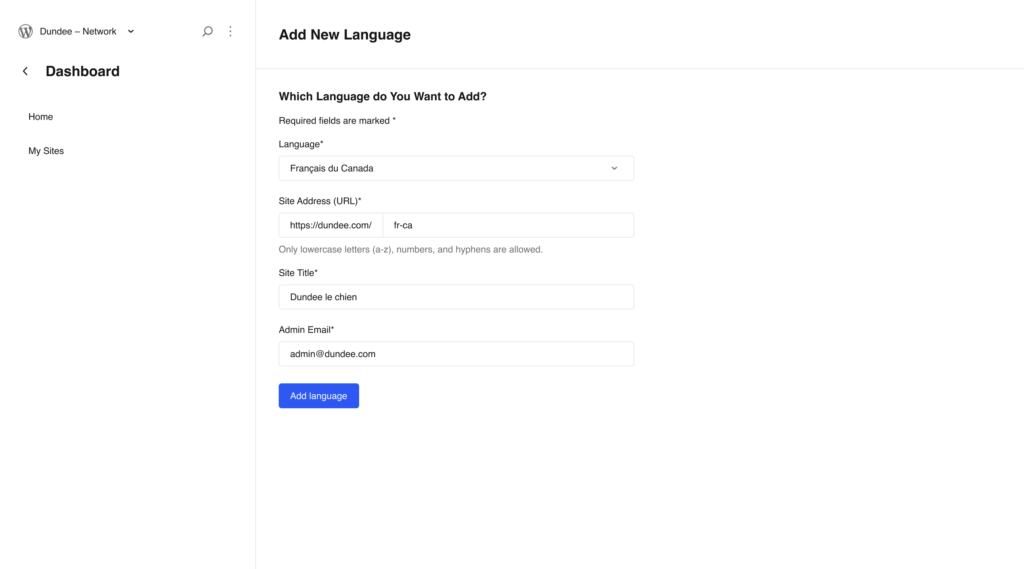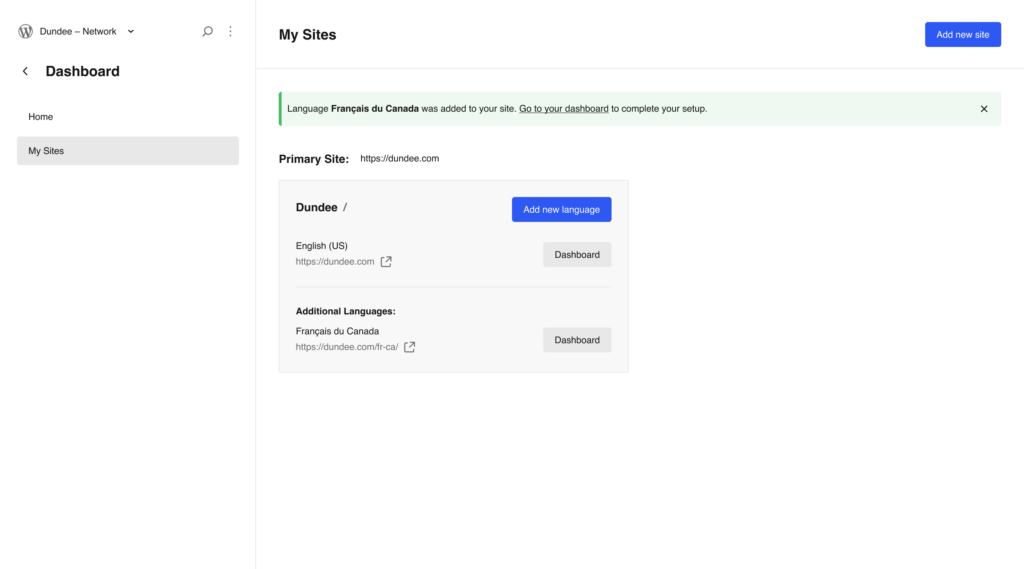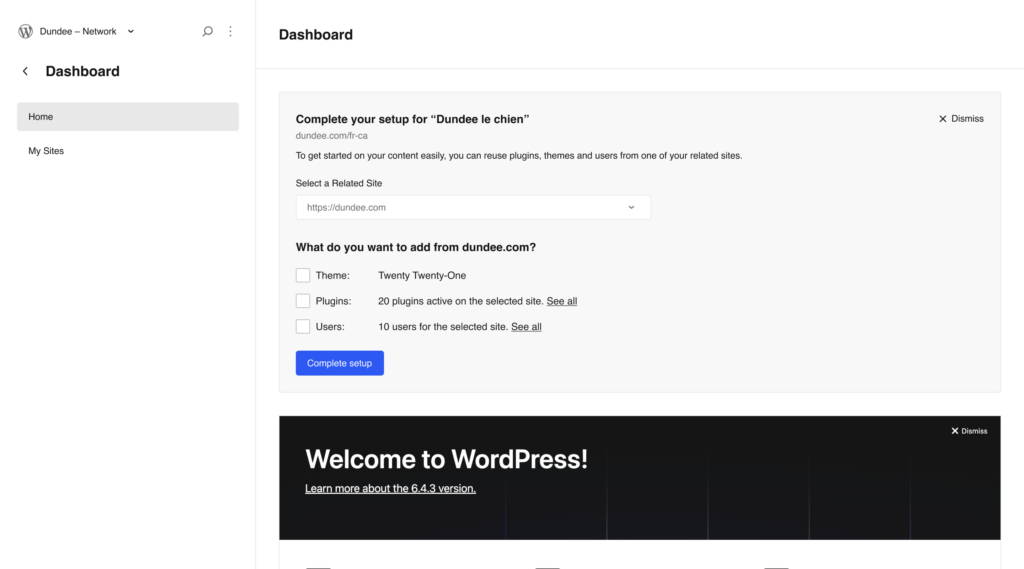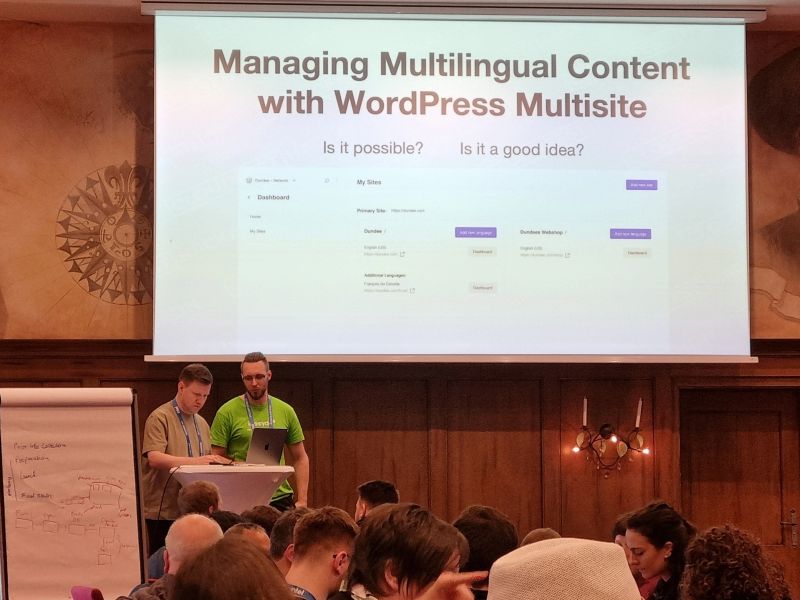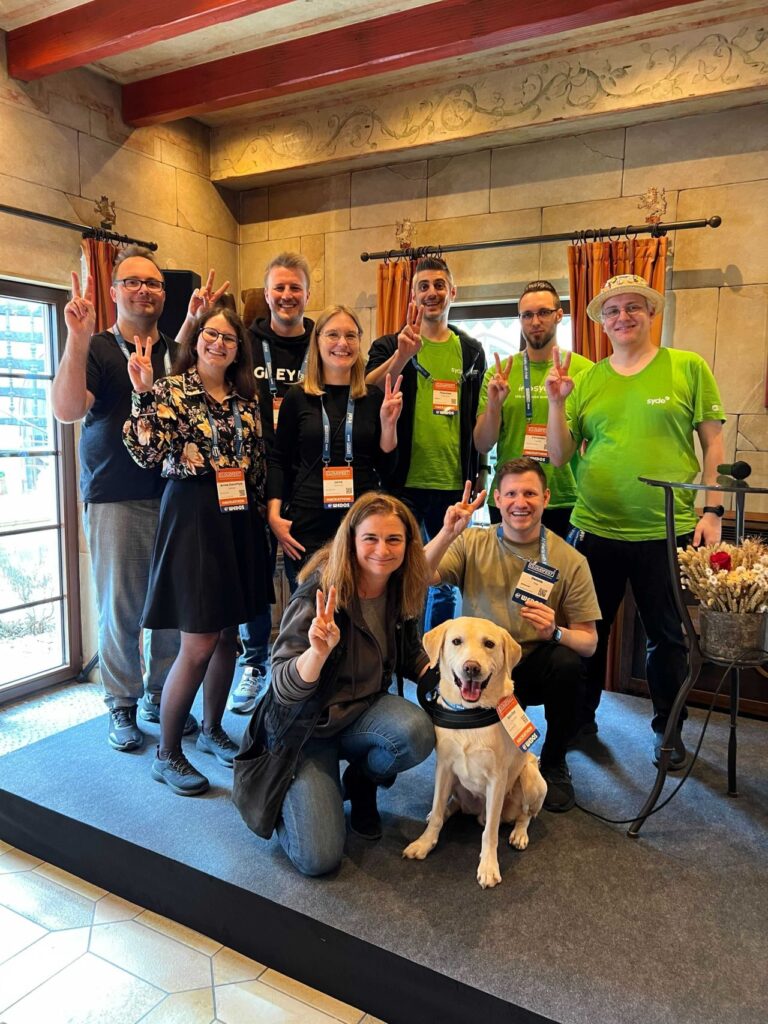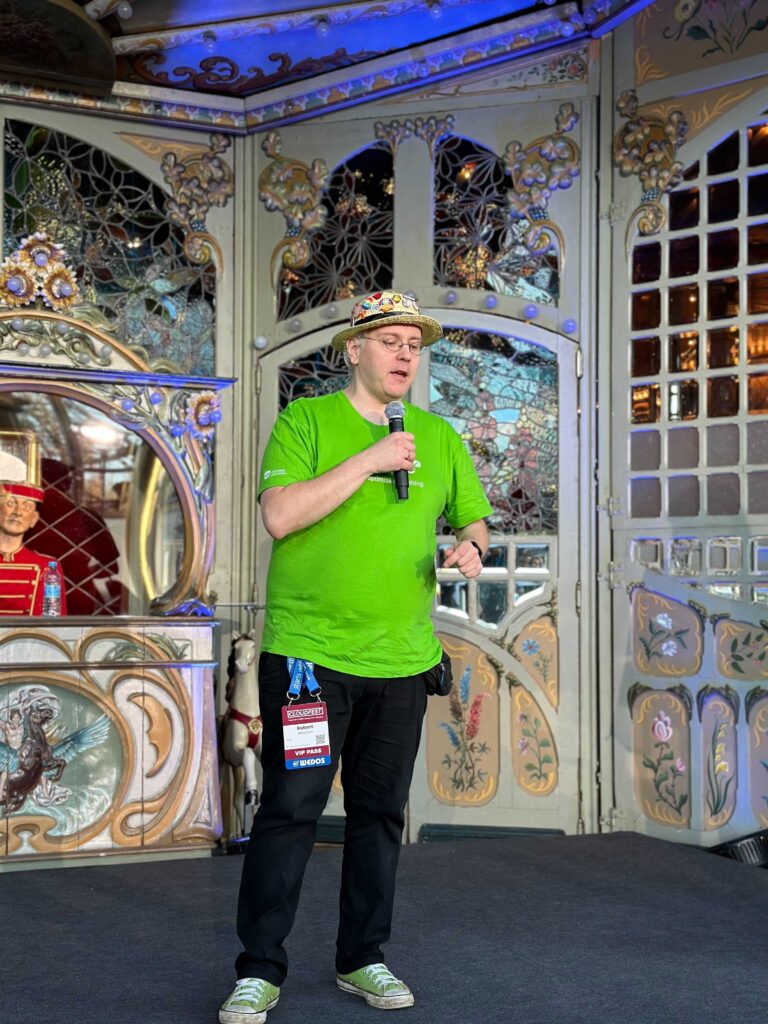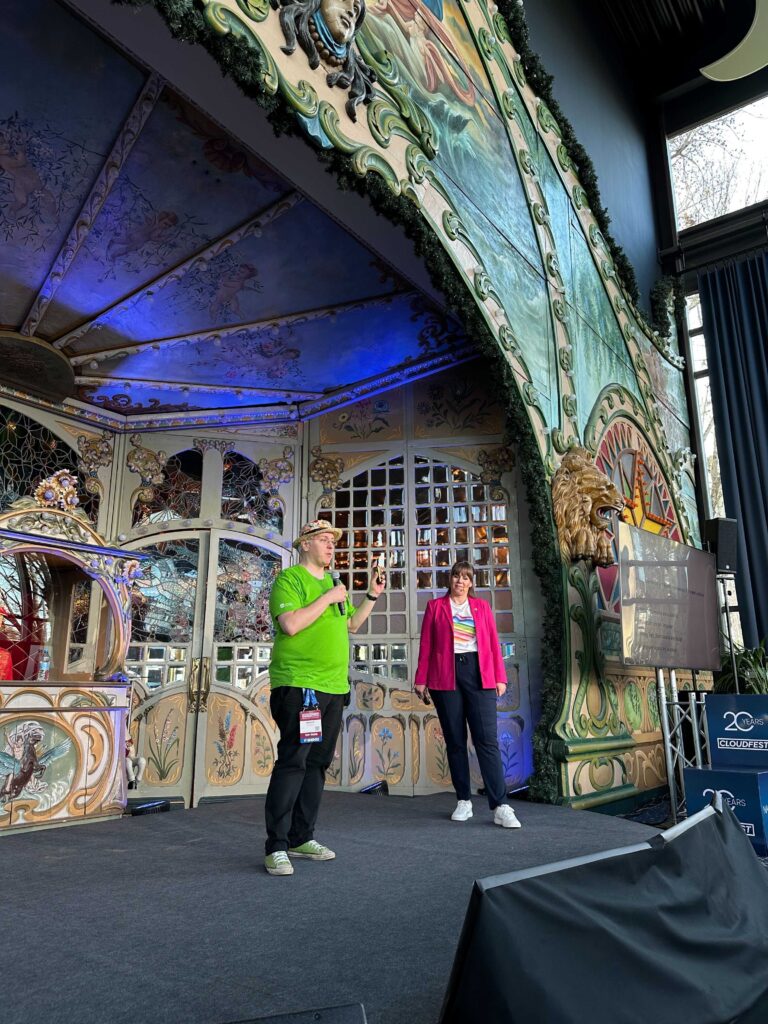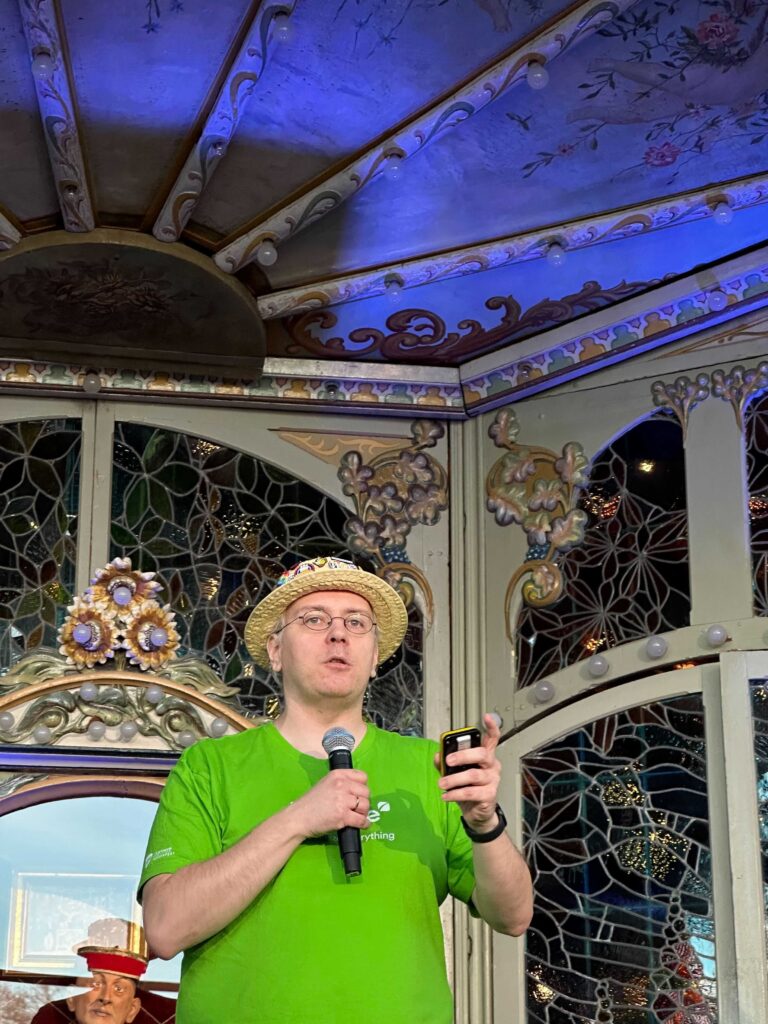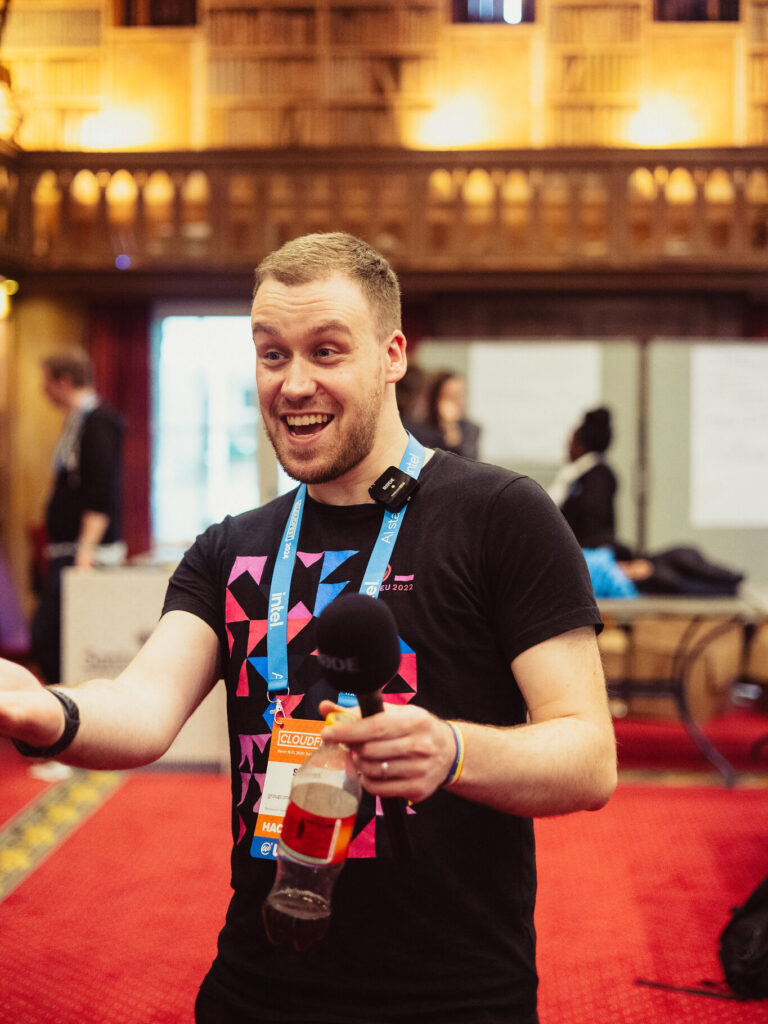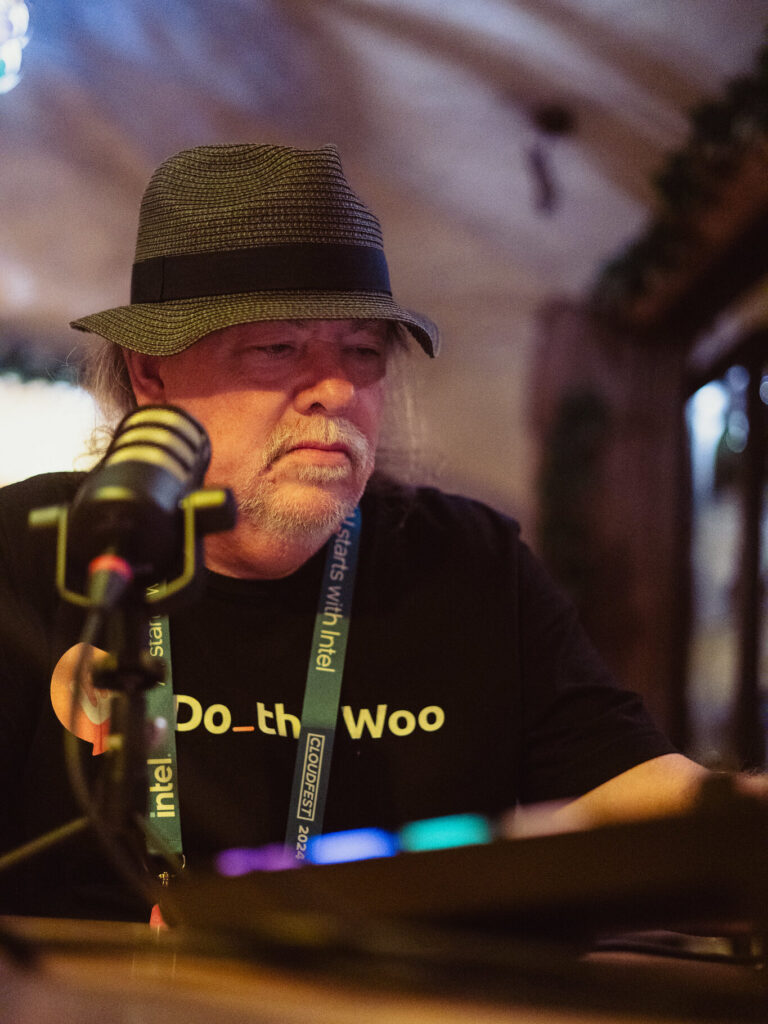CloudFest
The CloudFest Hackathon, held as a pre-event to the world’s top cloud industry conference, CloudFest, recently concluded. Starting over the weekend and extending into Monday morning for final presentations, awards, and closing remarks, it was a dynamic start to the week. Monday also featured smaller side events, such as WP Day and the Intel AI Summit, leading up to the main CloudFest conference, which ran until Thursday. This exciting gathering took place at Europa-Park in Rust, Germany.
CloudFest Hackathon
I’ve attended many WordCamps and contributing days in the past (e.g., WordCamp Vienna 2017), both as a regular attendee and workshop or table lead. However, with this being my first time, this CloudFest Hackathon was something different. WordCamps usually consist of presentations, classroom lectures, and workshop-style sessions, while contributing events focus on onboarding people to the WordPress project and completing ready-made work items such as development tickets, translations, documentation, and more. The hackathon’s main objective, however, is collaboration. Most of the eleven projects were, by design, little more than project statements or high-level ideas for a piece of software to build. All the specifics were left for the project team to figure out together. This meant a lot of open communication, alignment, and hands-on, goal-oriented hacking as a team.
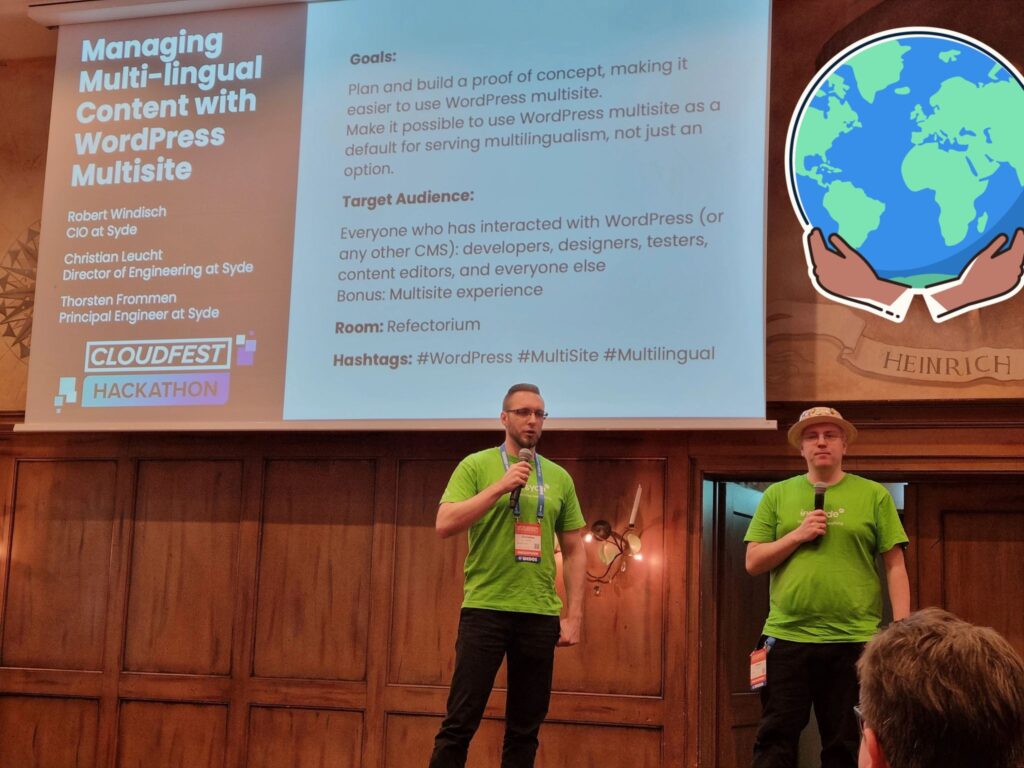
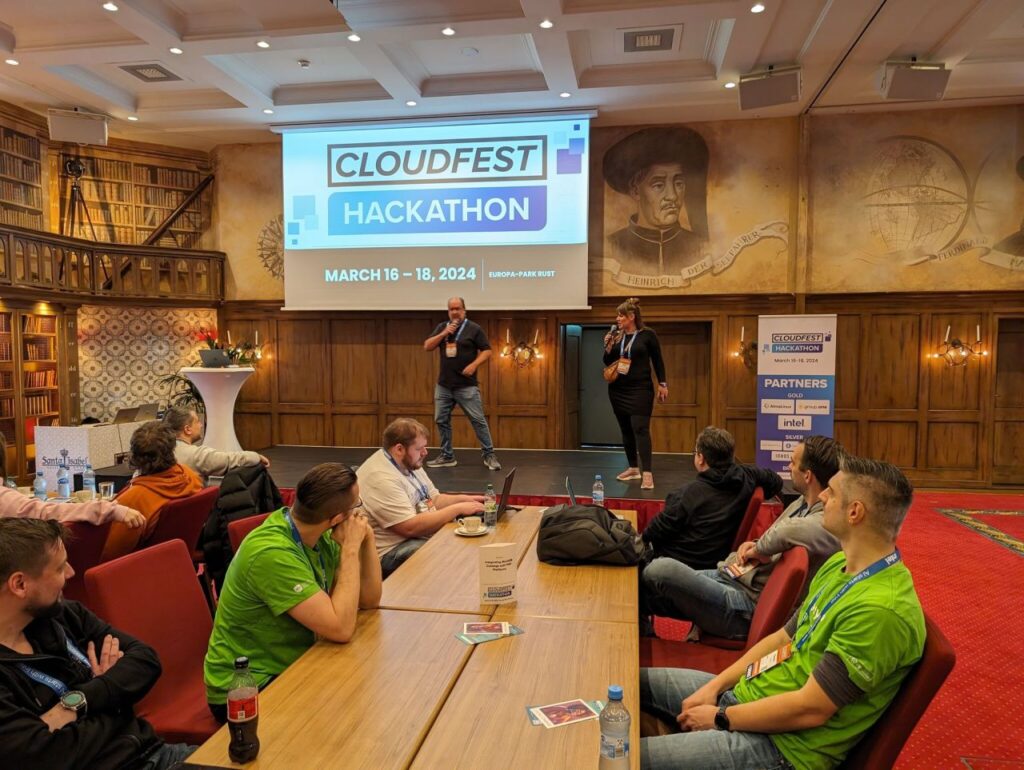
Comparing the setting of this CloudFest Hackathon with other events, it was similar to the first, and to my knowledge, only WordCamp Retreat Soltau in 2018. In both cases, attendees stayed at the same hotel(s), which meant that you had already run into each other at breakfast, where most started talking about the event, work, and the world. After a full day of hacking, coding, learning, talking, networking, and having fun together, you would go to dinner and close out with an activity or more hacking or talking. At larger or flagship WordCamps, many attendees often stay at the same hotel. Unlike WordCamp Retreat or CloudFest Hackathon, however, people typically disperse into various groups, each pursuing their activities in different parts of the city. This dynamic changes at CloudFest Hackathon because there aren’t many alternative attractions, allowing everyone to enjoy jam-packed days filled with as much in-person interaction as they want.
Sponsoring
At the CloudFest Hackathon, Syde served as a Silver sponsor, backing three open-source community contributors. Syde also co-sponsored the Rainbow in the Cloud karaoke party on Tuesday, the first full day of CloudFest. This event was groundbreaking, highlighting diversity and inclusion in the tech industry while also supporting charities.
First Impressions
For a few of us on the team, including me, it was our first time at CloudFest and also our first time at the CloudFest Hackathon. Here are some first impressions:
“My first CloudFest Hackathon was an amazing experience. Everyone was very open and kind, and the organizers and mentors were very patient with questions. We got a lot of positive feedback for our project and visibility for that awesome WordPress feature not everyone knows yet.”
Christian Leucht, Director of Engineering
“I really enjoyed my first CloudFest Hackathon! The event was super well organized and executed; everyone was friendly and invested, and the overall weekend was an absolute success. If my calendar behaves, I will be back for CloudFest Hackathon 2025 for sure!”
Thorsten Frommen, Principal Engineer
Managing Multilingual Content with WordPress Multisite
Alongside my colleagues Robert Windisch and Christian Leucht, we worked together to prepare and co-lead a hackathon project. Our main focus was on making the Multisite feature in WordPress more user-friendly for everyone and highlighting its effectiveness for building multilingual WordPress sites.
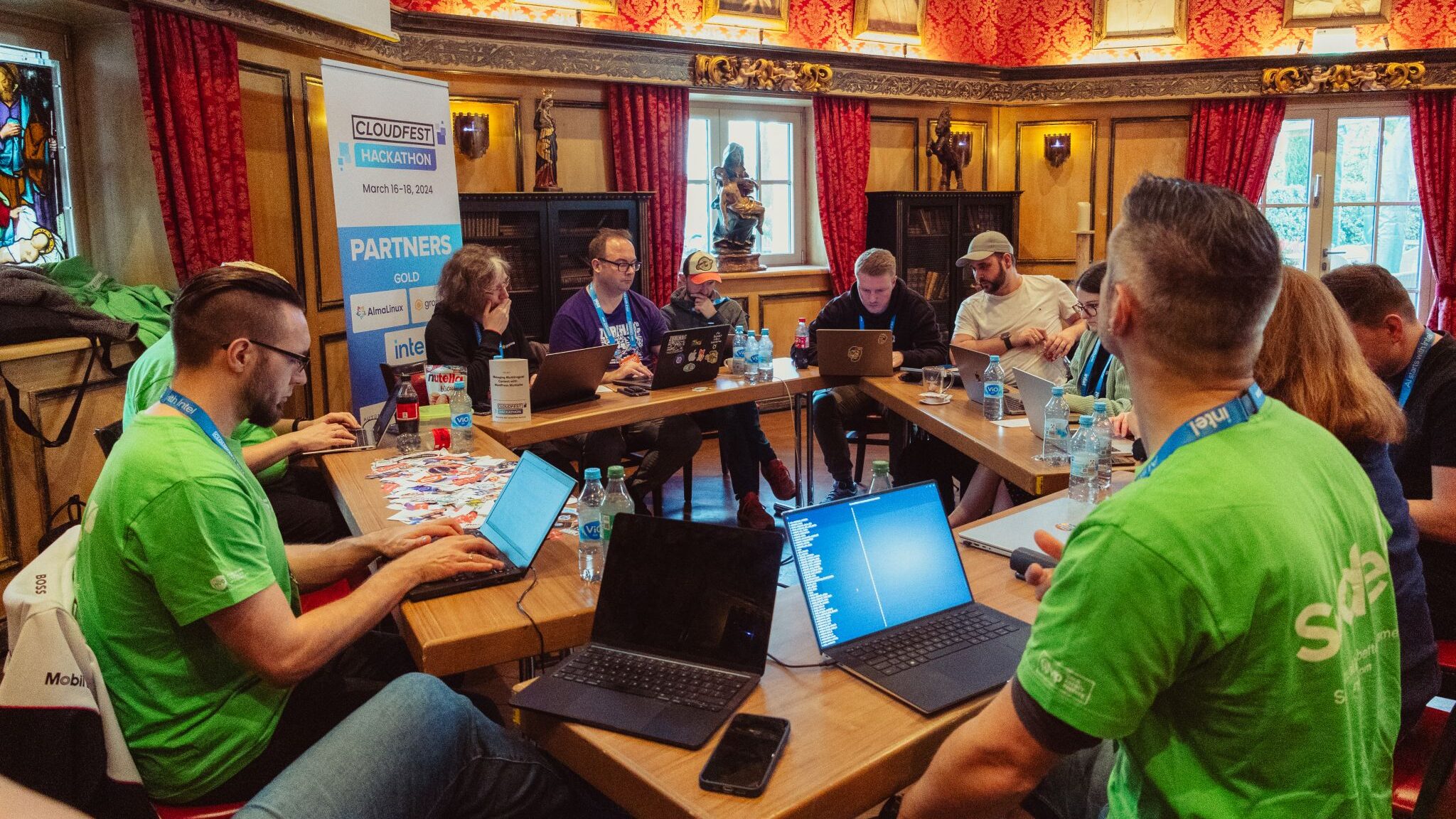
We had a rather big, diverse, and absolutely fantastic project team! There were several engineers with different levels of experience in WordPress and multisite functionality, along with a customer success expert, a designer, a writer, a business analyst, and a TYPO3 project lead. Overall, this setup allowed for involved and rich discussions, resulting in a lot of progress.
During the weekend, we jotted down questions, concerns, and multisite hurdles we wanted to tackle. We discussed code changes, UX improvements, and new workflows. We also looked at existing Trac tickets and pull requests on GitHub, did testing and fixing, and created tickets ourselves. In the end, we realized an interactive click dummy for several flows through our newly imagined admin interface around translation sites.
Right before the CloudFest Hackathon closing remarks, the infamous awards ceremony took place. The jury voted on six overall award categories, and although our team didn’t secure first place, we proudly earned five second-place awards, including the second-overall winner!
On Tuesday, Robert presented the project once more on stage at the main CloudFest event itself.
Inclusive Language Checker for Open-Source Contributors
Two other Syders—Ann-Cathrin Klose and Bernhard Kau—joined the project team around Birgit Olzem, working on a WordPress plugin that checks content regarding inclusive language.
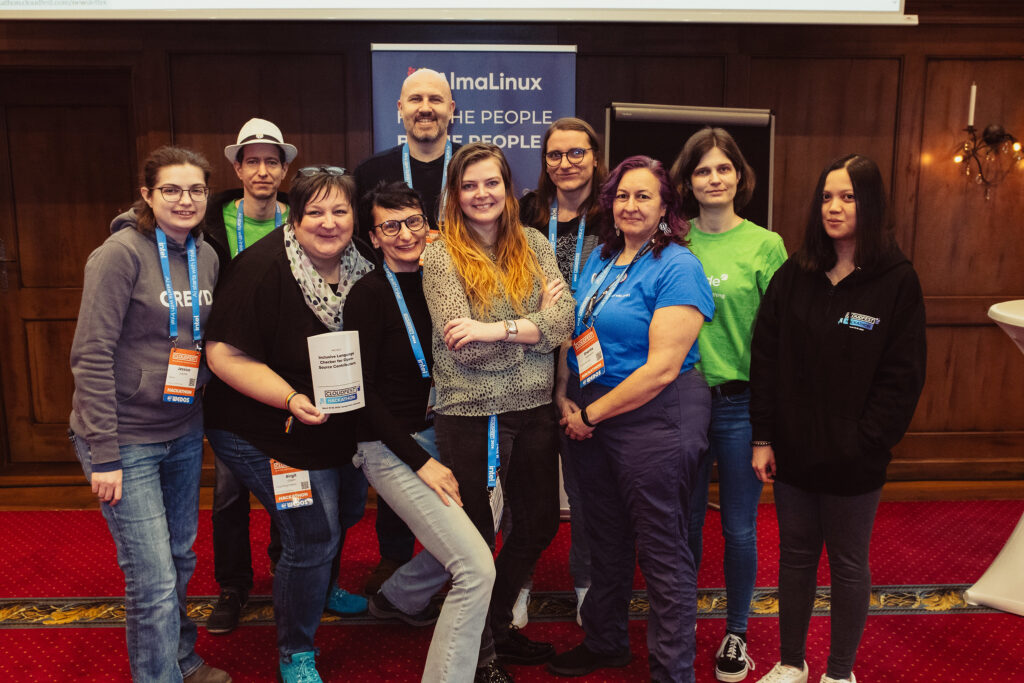
Photos and Interviews
For the first time, the CloudFest Hackathon received support from several official media partners. Thanks to Roan de Vries, we have a plethora of fantastic photos, some of which you can view in this post. We also had the pleasure of participating in two short podcast recordings.
Simon Kraft, from KrautPress, caught up with Christian and me for an interview focusing on our recent project involving multisite and multilingual capabilities. The recording is live.
A second interview, this time with Robert and Christian, was conducted by Bob Dunn. You can now find the podcast on Do the Woo.
Conclusion
I am really excited about returning to the CloudFest Hackathon in 2025!
